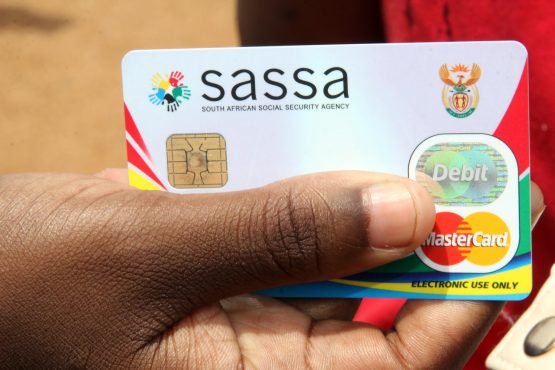- Lucky Mthombeni’s story describes his ability to balance a demanding job with athletic commitment, emphasizing the discipline and motivation needed to run the Comrades Marathon.
- DSD Representation and Advocacy: He represents DSD as a runner and advocates against substance abuse, using sport for social change, aligning with the department’s values and campaigns like World Drug Day.
- Call for Institutional Support: Mthombeni emphasizes the need for increased departmental support for staff athletes, including pre-race sponsorships and training resources, to enhance health and wellness in the public sector.
As thousands of runners prepare for the 2025 Comrades Marathon—known as the Ultimate Human Race—Lucky Mthombeni from the Department of Social Development (DSD) is once again lacing up his running shoes. This year marks his fifth attempt at the iconic ultramarathon. For the Giyani-born public servant, it’s more than a race—it’s a personal journey of endurance, discipline, and purpose.
Hailing from the rural town of Giyani in Limpopo, Mthombeni will be among over 20,000 athletes participating in this year’s down run from Pietermaritzburg to Durban on Sunday, 8 June. He is one of five dedicated DSD employees proudly representing the department across the gruelling 90km route.
Having first tackled the Comrades in 2018, with successful finishes in 2019, 2022, and 2023, Mthombeni returns with valuable experience. The 2025 event will be his second down run. He missed the 2024 race due to financial constraints. “Running the Comrades isn’t just about fitness—it’s also about resources,” he explained, noting the costs of a special diet, supplements, transportation, accommodation, and physiotherapy during training.
Themed “United We Stand”, the 2025 Comrades Marathon celebrates resilience, unity, and determination—values that deeply resonate with Mthombeni, both as a runner and in his professional role at DSD. “This marathon reminds me that with consistency, no distance is too long, and no goal is out of reach. Running teaches us to stay the course—just like the work we do at DSD to support the most vulnerable,” he said.
Mthombeni serves in the DSD’s Directorate: Substance Abuse, a unit currently spearheading national campaigns to raise awareness about the dangers of drug use. A key initiative is the upcoming International Day Against Drug Abuse and Illicit Trafficking—World Drug Day—commemorated globally on 26 June. This year’s national event, hosted by the department, will take place in Standerton, Mpumalanga. For Mthombeni, this cause is both professional and personal. As a long-distance runner, he firmly believes sport can steer youth away from destructive habits. “If more young people took part in running or any form of sport, drugs wouldn’t have room to destroy their lives,” he said.
Speaking while attending to his daily responsibilities, Mthombeni emphasized the mental toughness required to train for the Comrades. “This time around, I decided to train mostly on my own. That solitude builds mental strength. If your mind isn’t ready, even the thought of 90 kilometres will make you give up.”
Now in its 97th edition, the Comrades Marathon is the world’s oldest and largest ultramarathon, alternating annually between an “up” and “down” run. The 2025 route spans from KwaZulu-Natal’s capital to its largest city and is considered one of the most challenging road races globally.
Despite the race’s challenges, Mthombeni remains grounded. “I don’t want to pressure myself. I’ve consistently done nine hours, and I’m aiming for the same this year. If I beat that, it’ll be a bonus.”
Balancing intense training with a full-time job is no easy feat. He begins most of his runs at 4 a.m. “If you care about something, you make time for it. I train for three hours before work. Weekends are for long-distance runs.”
He recalls his first Comrades as both chaotic and unforgettable. Having missed the official registration, he entered through substitution and arrived in Durban without accommodation. “I had to find a place to sleep the night before and after the race. I almost missed my medal—finished in 8:59:48, just 12 seconds before the cut-off for the Bill Rowan category!”
Family support has been a significant source of motivation. He draws particular strength from his mother, who calls him on race day and watches the live broadcast. “She believes in me. I can’t let her down,” he shared.
While he appreciates the supportive environment at DSD, he believes more can be done to assist athlete employees. “Other departments have gyms and better facilities. If DSD could provide supplements or pre-race support packages earlier in the year, it would be greatly appreciated. Last year, we got post-race kits, which was great—but the real need is during training.”
Mthombeni advises DSD runners to be mentally prepared, as physical strength develops over time. Focus on your race and ignore others’ pace.




